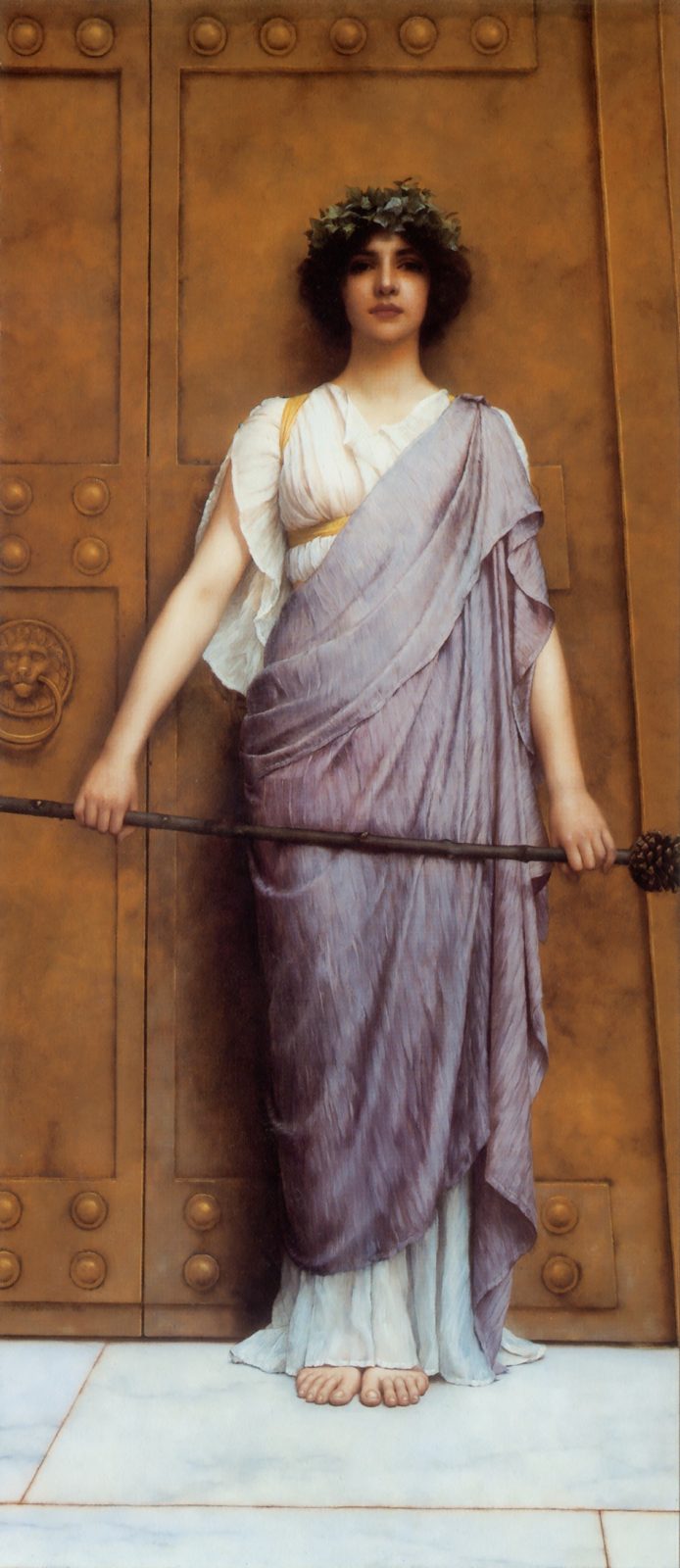Some commentary on excerpts from The Great Secret or Occultism Unveiled by Eliphas Levi (1868):
Force, Power
The word virtue is from the Latin virtutem, meaning force, power, strength, high character, valor.
Virtue is not a passive or sanctimonious way of being. It implies uprightness, making difficult choices, and importantly, action in the world in harmony with the divine will.
Avoidance
“Is abstinence for the sake of avoiding abuse a virtue?”
To avoid action completely for fear of doing something wrong or bad is not virtue, it is just avoidance.
Virtue is upright action. It is using the word to heal and support, actively listening, trying to love other people and put them before ourselves, and engaging in spiritual practices to deepen a connection to the innermost.
Equilibrium
“The art of balancing forces so as to keep movement in equilibrium. The equilibrium we are looking for is not that which produces immobility, but that which regulates movement. For immobility is death, and movement is life.“
Balance is not static, or lack of movement, it implies a constant attentive flow which regulates movement, and therefore all of life.
Constant Effort
“The animals live, so to speak, of their own accord and without effort. Man alone has to learn the way to live. Now the science of life is the science of moral balance.
The basis of this balance is to reconcile knowledge and religion, reason and feeling, energy and gentleness. Truly invincible strength is strength without violence.”
The process of learning how to live is a constant effort.
To go with the flow of the forces of our animal nature is to deny internal virtue, to shy away from the effort to become true humans. The efforts we make in grappling with the reconciliation of “knowledge and religion, reason and feeling, energy and gentleness” is the internal alchemy that grants us great internal strength.
Violence
“Truly invincible strength is strength without violence. Violent men are weak and shortsighted men whose efforts always come back on themselves.”
Violence is the manifestation of an unbalanced, passionate, and ultimately weak nature.
Violence and hubris are personified by the warrior Achilles in Homer’s Oddessey, who’s brash actions and temper always caused more problems. The true hero was Odysseus who, as the manifestation of virtue, acted with prudence.
“Homer’s Odysseus had to contend with the gods, the elements, the Cyclops, the sirens, Circe, etc. That is to say with all the difficulties and dangers of life…
And single-handed he sways the gods, he escapes from the sea, he blinds the cyclops, he cheats the sirens, he masters Circe, he re-takes his palace, he rescues his wife, he slays those who were plotting his death; because he willed to see Ithaca and Penelope again, because he always knew how to extricate himself from danger, because he dared what had to be done and because he always kept silent when it was not expedient to speak.”
Oddyseus is acting from the place of virtue because of his connection to the gods and his true internal Being. Not from selfishness and hubris.
Oddyseus and Discernment
“The great secret of magic, the unique and incommunicable Arcana, has for its purpose the placing of supernatural power at the service of the human will in some way.
To attain such an achievement it is necessary to know what has to be done, to will what is required, to dare what must be attempted and to keep silent with discernment.”
This is the clue as to how to achieve virtue.
Magic by definition is “the placing of supernatural power at the service of the human will in some way”.
Either as white magic for the good of others and in accordance with divine law, or as black magic to serve selfish interests without regard for the harm caused to others. When magic is used for fortune telling it also defies virtuous action because it lulls the consciousness to sleep.
Fallen Wisdom
“The Basilidian gnostics said that Sophia, the natural wisdom of man, fell in love with herself, as Narcissus did in the fable, looked away from her primary source and sprang out of that circle traced by the divine light which they called the pleroma. All alone in the darkness, she committed sacrileges in order to give birth to the light; and lost her blood like the woman with the issue of blood in the Gospel, giving rise to horrible monsters. The most dangerous of all follies is perverted wisdom.”
Sophia is that fallen light within ourselves, the divine light of the consciousness trapped in the ego and materiality. The danger of “perverted” or fallen wisdom, is that it contains all the power of the virtue, but inverted. That is why the action of virtue is so important, because without the necessary effort made toward uprightness in God we fall back to sleep in nature.
When One Does Not Know, One Should Will To Learn
“It is no use dropping one’s arms and blaming fate; what has to be done is to fight it and conquer. Those who succumb in this battle are those who do not know how to win or do not want to do so. Not knowing is some excuse, but it is no justification when the opportunity to learn is there.
‘Father, forgive them, for they know not what they do,’ said Christ when dying.
If a lack of knowledge were permissible, the Saviour’s prayer would have been without justice, and His Father would have had nothing to pardon.
When one does not know, one should will to learn. To the extent that one does not know it is foolhardy to dare, but it is always well to keep silent.”
All quotes from The Great Secret or Occultism Unveiled by esotericist Eliphas Levi (1868).

